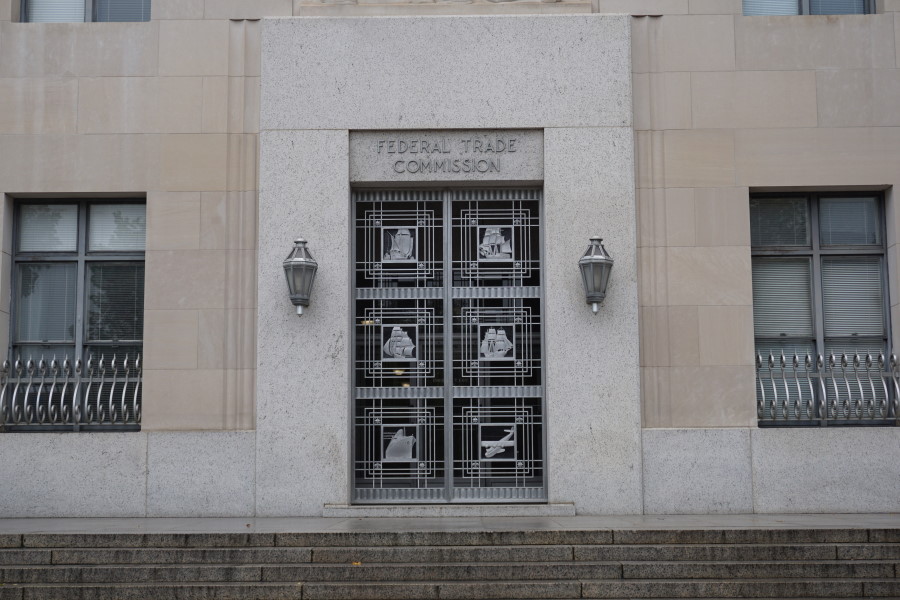FTC drops AbbVie antitrust case, but fires a parting shot at the firm

AbbVie will not be pursued any further by the US government over allegations that it used 'sham' litigation to keep competition to its AndroGel testosterone replacement product off the market.
The Federal Trade Commission (FTC) sad it had dropped its antitrust complaint against the company after the US Supreme Court declined to review a lower court ruling which found that the watchdog was unable to go after a compensation claim for patients treated with the drug.
Last September, a federal appeals court threw out an earlier district court order that would have required AbbVie and partner company Besins Healthcare to pay $494 million for conspiring to keep generic versions of the blockbuster product off the market.
The appeals court said the lower court had overstepped its authority in ordering the payment – the largest ever awarded as a result of a litigated FTC antitrust case – but said it had correctly found that AbbVie and Besins maintained a monopoly by filing illegal and "baseless" patent infringement lawsuit against potential generic competitors from Perrigo and Teva.
FTC's acting director of competition, Holly Vedova, said the regulator was "deeply disappointed" at not to be able to compensate "the victims of AbbVie's and Besins' anticompetitive conduct", and called for legislation to reinstate its authority to seek monetary relief from transgressors.
"The FTC would have been able to return almost a half billion dollars directly to AndroGel consumers," she added. "Instead, AbbVie and Besins can retain all of the ill-gotten gains resulting from their illegal anticompetitive conduct."
The case dates back to 2014, when the FTC filed a complaint against the two companies over their actions, which also alleged that AbbVie made an illegal 'reverse payment' to settle a patent infringement lawsuit against generic drugmaker Teva.
That settlement involved allowing Teva to launch a generic competitor to a much smaller cholesterol-lowering drug Tricor (fenofibrate) if it agreed to delay introducing a challenger to AndroGel.
The appeals court judgment reinstated the FTC's reverse payment claim as well as the sham litigation claim, which the regulator described as "two important legal victories that protect competition in pharmaceutical markets".
Since the initial filing of the lawsuit, generic AndroGel products have entered the market from multiple generic producers, so patients now benefit from competition to reduce pricing.
AbbVie and Teva are also subject to FTC orders preventing them from entering into certain reverse-payment settlements.
At its peak, AndroGel was making upwards of $1.1 billion a year for AbbVie's former parent Abbott, before generics started to arrive on the US market in 2015.
Photo by Ian Hutchinson on Unsplash












